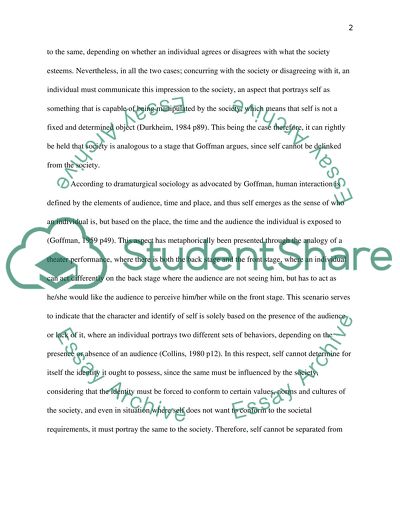Cite this document
(“Social Worlds And The Sociological Imagination Essay”, n.d.)
Social Worlds And The Sociological Imagination Essay. Retrieved from https://studentshare.org/sociology/1628085-social-worlds-and-the-sociological-imagination
Social Worlds And The Sociological Imagination Essay. Retrieved from https://studentshare.org/sociology/1628085-social-worlds-and-the-sociological-imagination
(Social Worlds And The Sociological Imagination Essay)
Social Worlds And The Sociological Imagination Essay. https://studentshare.org/sociology/1628085-social-worlds-and-the-sociological-imagination.
Social Worlds And The Sociological Imagination Essay. https://studentshare.org/sociology/1628085-social-worlds-and-the-sociological-imagination.
“Social Worlds And The Sociological Imagination Essay”, n.d. https://studentshare.org/sociology/1628085-social-worlds-and-the-sociological-imagination.


